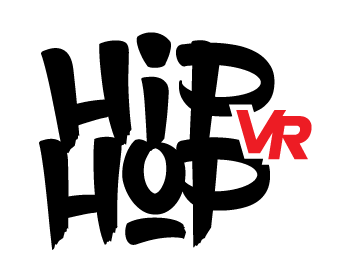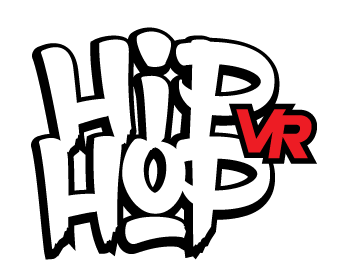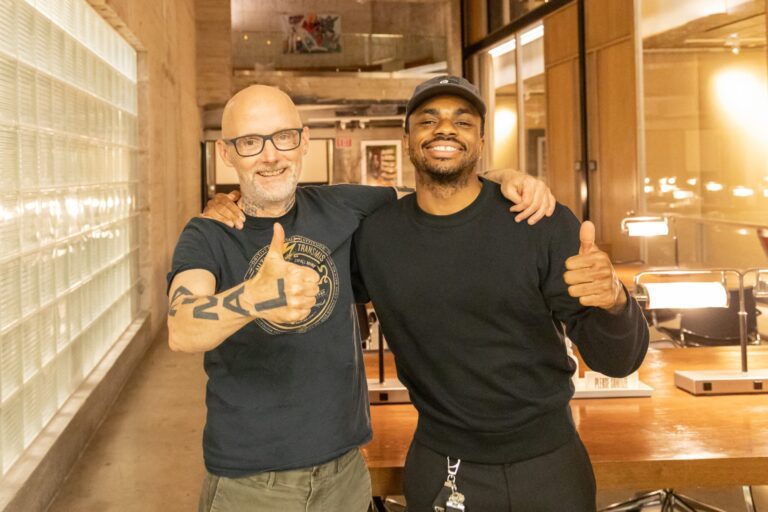Moby (real name Richard Melville) was born in New York City and witnessed the evolution of hip-hop firsthand. In a recent interview with Allhiphop, the groundbreaking electronic DJ/producer talked about his respect for classic hip-hop artists including Big Dad Kane.
It was a big daddy thing to stand out from albums like Kane and Love Live The Kane (1988), which dominated throughout the 1980s and early 1990s. Kane combines his impeccable style with undeniable swagger, always entering.
Looking back, Moby remembers DJs in Club Mars in New York City’s meatpacking district when Kane strolled in the late 1980s.
“Big Daddy Kane, the third bass (the only good white hip-hop that has been made), and Run-DMC is my favorite,” he said. “Once, I DJed on the second floor of Mars, all these rappers would come in. But, Kane came in for the first time, like seeing the royal family. No one bigger than him. When he walked in, his fading, phenomenon suits and everything else, like the pope just entered the building.
“I remember him standing in the bar. I could see it very clearly, like I saw from the DJ booth, try not to look too much, because, that’s the big dad Kane standing in the bar, drinking champagne, surrounded by safety or anything else. Super magnetic MC, run-dmc, run-dmc, run-dmc, run-dmc, rakim, rakim, rakim, de la soul, de la soul-but not more surprising than Kane.
Embed into Getty Images
Moby’s ambition as a DJ forced him to sneak into every genre. As he explained: “When I was in the 80s DJ, to be the working DJ of the time, you essentially had to play everything. If someone said, ‘Hey, can you play ballroom reggae?” You would be like, “Yes, I can do it.” Or, “Can you play old soul?” Of course, can I play hip hop?
“So you have to love everything. Plus, it’s a very exciting time because all these genres have just been invented. In 1989, when you were playing house records, home music was invented two years ago.”
Moby went on to release dozens of albums, including his commercial breakthrough playback. The project was released in 1999 and now celebrates its 25th anniversary – an introduction to the “South Side” and “Porcelain”. But he often cites hip-hop performances such as Eric B. & Rakim and public enemies as some of his early influences. In fact, he and the public enemy made a song in 2004 called “Make Love F ### War.”
“I haven’t heard it in a long time, but it’s really good,” he recalled. “I liked the message and when he took it out, I liked it too. It was amazing. I didn’t hear it forever, and I was like, ‘Wow, it’s really good.'”
Moby recently rebooted his Mobygratis website, which was originally released in 2005. It allows users to reimagine about 2,000 tracks in his career that have been produced throughout his career, which is constantly reshaping the way Hip-Hop Beats is. He noticed changes in the 1980s.
“When all the producers started using samplers, hip-hop changed,” he added. “Early hip-hop was cute, but it was a little stupid because it was like fat boys and whodini. It was fun, but a little stupid. And then all of a sudden, Bomb Squad, Rakim and Prince Paul all took over the samplers, and that’s what the world really changed.”
Featured image: Moby by Vince Staples (Photo source: Sorrell Scrutton)


